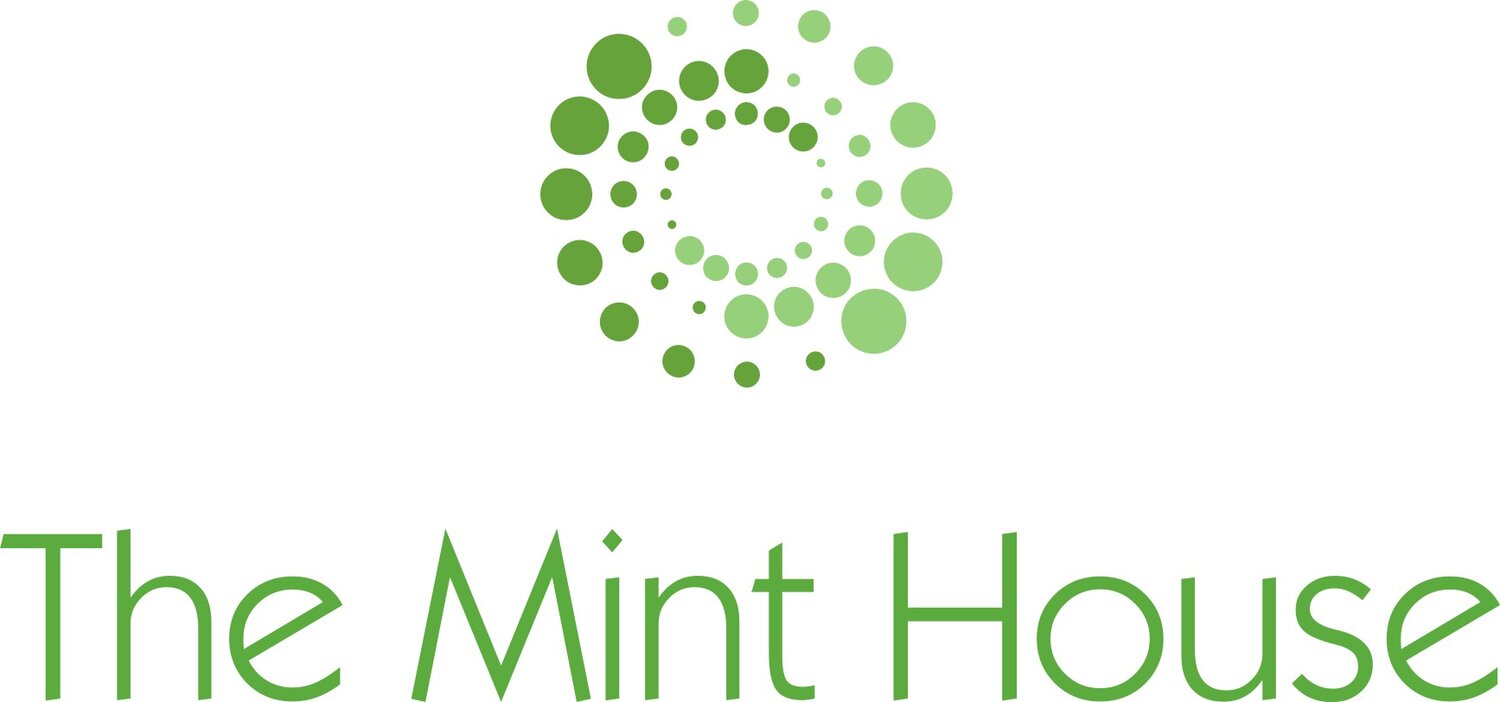by Rosie Chadwick
Biases are all around us. They’re part of the human condition, developed over millenia and there for a reason, making life easier in many cases. At the same time, we need to be alive and alert to how biases affect our decision-making when preparing for and facilitating restorative encounters. How are we affected by how someone looks or sounds, how articulate they are, how self-aware they seem, how likeable and relatable we find them, by the nature of the crime (without regard to context) by the order in which we meet people, or by the biases in other people’s accounts of the situation?
Our recent Mint House CPD session, led by Dr Kathryn Rowsell and consultant Dr Richard Barker, gave us a great glimpse of the wide range and volume of potential biases, powerfully codified in the Cognitive bias codex:
The session also helpfully suggested some useful mitigations, and some questions we can ask ourselves to help us be more mindful of our biases. (Originally from Athwal-Kooner, P., Ratcliffe, M., & DaSilva, A. C. (2022). See full reference below.)
|
Theme |
Question |
|
Lens |
What is my lens to view the world? How have my values impacted on my lens? What impact might my lens have on me? On my practice? What is the lens of the person I am working with/supporting? How does this impact how they view the world? |
|
Power and Privilege |
What is my power and privilege? How am I using this? How do I experience inequality? How do I experience other’s experience of inequality? How do I respond to this? |
|
Assumptions |
What assumptions am I making about this person? What might be influencing me to make such assumptions? |
|
Inferences |
What cultural inferences and behaviours am I promoting in my language and behaviour? How may others experience this? How might this impact on inclusivity in my context? |
|
Developing my lens |
How am I open to developing my lens? What might impact my openness to adapt my lens? (fears/barriers) How can I work with this? Who is my “critical friend” who can help me reflect about my lens? |
Thanks to all for a rich discussion, and we’ll look forward to exploring this area further.

